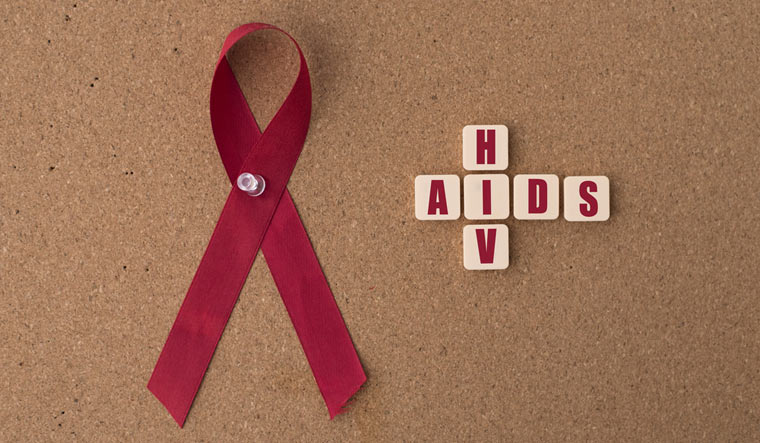They were on a hunt in Africa, to pin down new strains of HIV and hepatitis viruses. What they serendipitously discovered instead, holds the promise of speeding up a cure for HIV, an infection that still affects 30 million people around the globe.
A multi-institution team of researchers from John Hopkins, National Institute of Allergy and Infectious Diseases, University of Missouri-Kansas City, Universite of Congo and Abbot the global healthcare giant, chanced upon a population of HIV infected people in sub-Saharan Africa, who had very low or absolute no viral loads, even though they were not on any of the expensive antiretroviral medications. Given that a cure for HIV is near elusive—only around half a dozen people across the world have been declared cured, and that too after complicated and expensive procedures—the discovery of a group of people who have been able to suppress the infection naturally, is "groundbreaking'' as Mary Rodgers, principal scientist at Abbot and part of a global viral surveillance programme, says.
This particular study on 10,000 people, mainly from the Democratic Republic of Congo, began in 2017. The researchers were looking for new strains of HIV in the plasma samples when they noticed that several samples from a particular batch had very low viral loads, even though they were HIV positive (they had antibodies against the virus).
"We were surprised and wondered what was happening, so we checked and cross-checked,'' says Rodgers. The same pattern was noticed in subsequent batches, too, and early into the first year of research itself, they realised they were onto something big.
The researchers call these people HIV elite controllers and are happy to know that a natural population of them exists. Previously, there has been an occasional patient who has shown the ability to suppress the infection load. However, for proper studies, there has never been a decent-enough sample size. With the discovery of 84 elite controllers in the Democratic Republic of Congo and another 28 in Congo, researchers feel they can now probe further and understand how to design a cure for the non-elite controllers.
Given that the study was not designed to track down the elite controllers, the researchers will have to go back to the patients and get more information. At present, they cannot even say whether there is a genetic component to this suppression ability, or whether it came through an environmental influence or lifestyle choice.
The study comprised 2/3rd of women participants and 1/3rd of male ones, and the median age was 43. The pattern was almost the same for the controllers, too. So though too early, it doesn't seem to be a gender thing.
Rodgers believes, that these people have a unique immune response system, which has helped them suppress the virus. She bases her hunch on what has been observed among the occasional HIV elite controllers in the past. She is very excited.
"The infection was discovered in this region—sub-Saharan Africa. How wonderful it will be if the cure is discovered here, too," she says.



